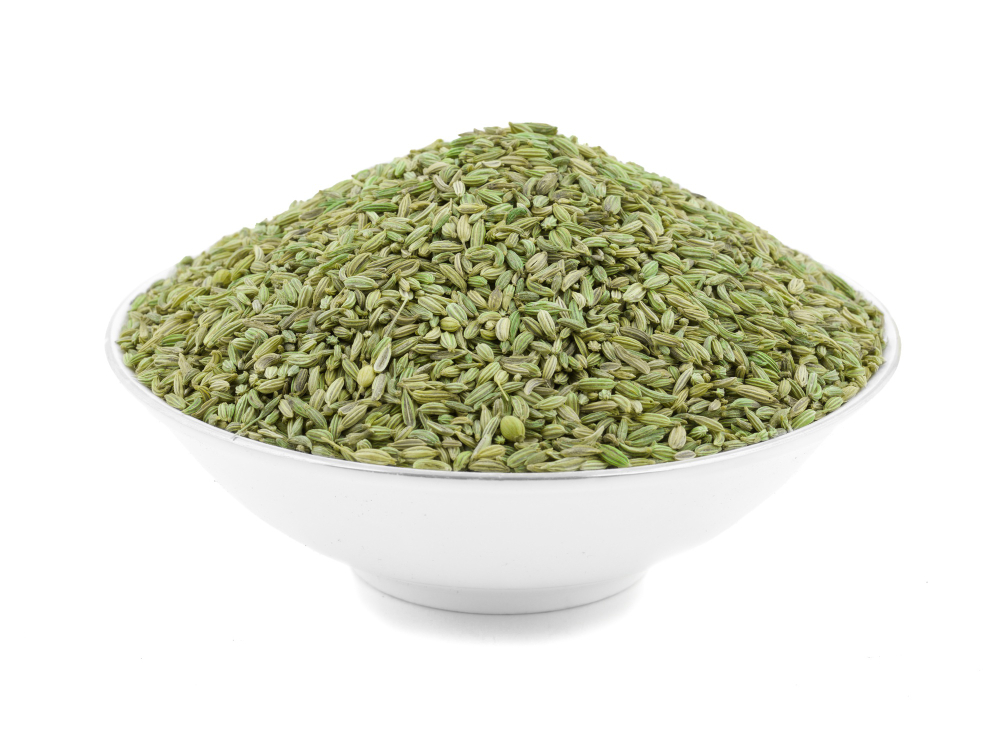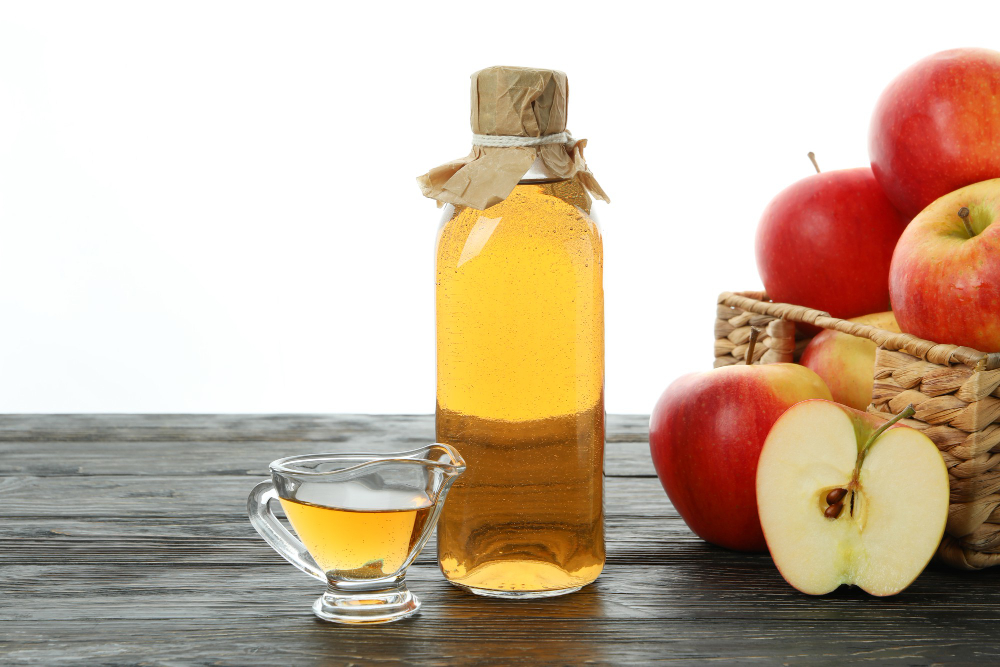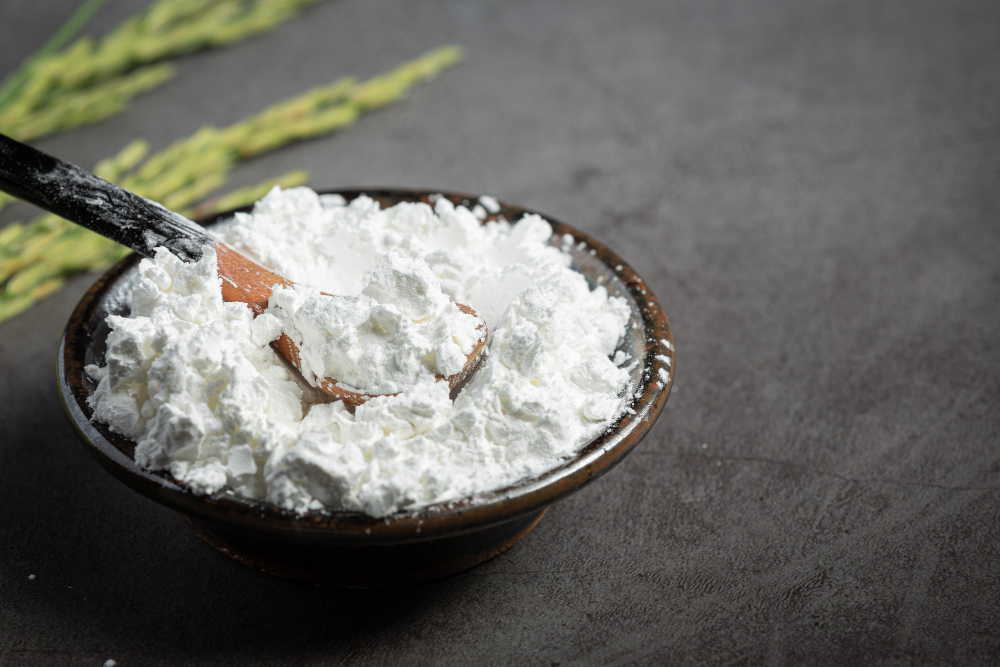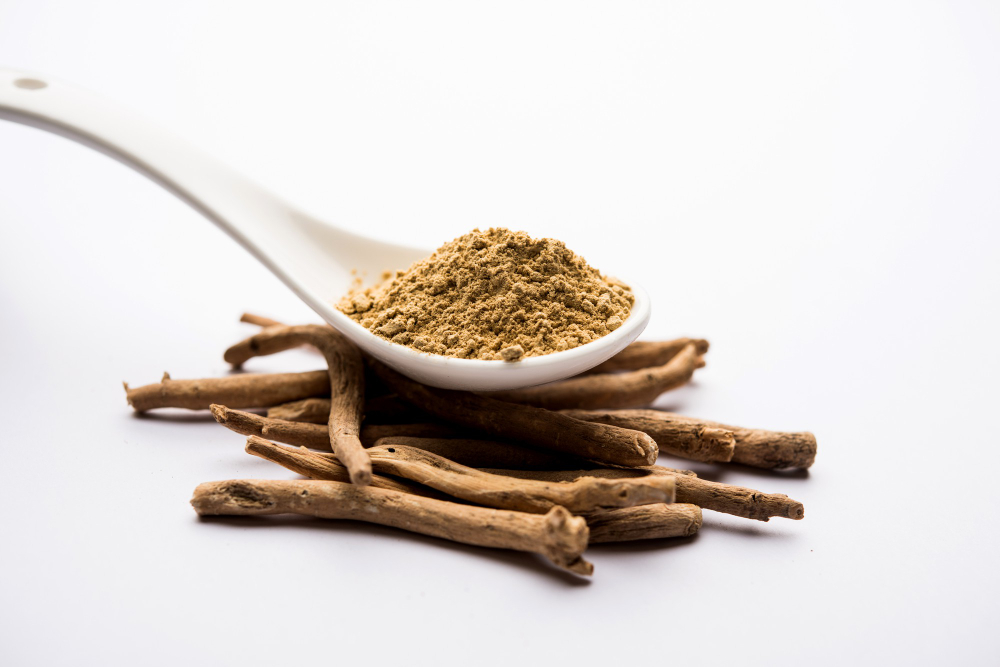Many of us have been there— that uncomfortable feeling of fullness, bloating, or burning in the belly after a meal. Whether it’s caused by overeating, eating too fast, or some trigger foods, indigestion can take the joy even out of your favorite meals.
While over-the-counter antacids are a common go-to, many people turn towards natural remedies for indigestion. These are usually gentle on your body and come with added health benefits.
Here are seven simple and natural ways to ease indigestion that you can try to soothe your upset stomach.
Natural Ways to Treat Indigestion:
1. Ginger:
Ginger has been used for centuries as a natural way to calm an upset stomach. It helps improve GI motility and relieve nausea and upset stomach.
Ginger may also reduce stomach acid and help with indigestion. It’s especially helpful if your indigestion is accompanied with nausea or bloating.
How to use it: There are a lot of ways to enjoy the health benefits of ginger. Brew a warm cup of ginger tea and sip it after meals, chew on a thin slice of fresh ginger, or mix some grated ginger with lemon and honey in warm water.
However, you should avoid consuming too much ginger. As its excessive intake may also cause side effects such as gas, throat burn, and heartburn. The recommended safe dose for ginger is about 4 grams per day.
2. Fennel Seeds:
Fennel seed is an antispasmodic herb and is used in many cultures to aid digestive health. It contains compounds that help relax the GI tract and reduce gas buildup.
Fennel seeds may also help with indigestion, nausea, and stomach cramps.
How to use it: You can chew half to one teaspoon of fennel seeds after eating, or make a quick fennel tea by steeping crushed seeds in hot water for 10 minutes. It’s simple and surprisingly effective.

3. Apple Cider Vinegar:
While scientific evidence is limited, many people report feeling relief from indigestion after drinking a mixture with apple cider vinegar.
Sometimes indigestion happens because there isn’t enough acid in your stomach to properly break down the food. In such cases, apple cider vinegar may help boost stomach acid levels and help in digestion.
How to use it: Add 1 to 2 teaspoons of raw, unpasteurised apple cider vinegar to a cup of water and drink it.
Apple cider vinegar is highly acidic and should only be taken in small amounts. For some it might actually trigger acid reflux rather than help.
It can also interact with certain medicines, so always check in with your doctor before using it. And if you have ulcers or a sensitive stomach, it’s best to avoid it.

4. Peppermint:
Peppermint is well-known for its soothing effects on the digestive tract. Its anti-spasmodic properties help relax muscles of your digestive tract, making it great for cramping, bloating, nausea, and indigestion.
How to use it: You can sip peppermint tea after meals or keep some peppermint candies at hand to enjoy them after meals.
However, peppermint isn’t suitable for everyone. If your indigestion is due to acid reflux, GERD, or stomach ulcers, you should avoid it. Peppermint can relax the muscles between the stomach and esophagus, and allow stomach acid to flow back upwards causing worsening of your symptoms.

5. Baking Soda:
Baking soda (sodium bicarbonate) acts as a natural antacid. It quickly neutralises stomach acid and eases heartburn and bloating. It’s a handy home remedy when you need immediate relief.
How to use it: Dissolve half a teaspoon of baking soda in four ounces of warm water and drink slowly when symptoms arise. Don’t repeat it for at least two hours.
Avoid using baking soda too often, especially if you have high blood pressure or are on a low-sodium diet.
The recommended amount of baking soda for adults is no more than seven and a half teaspoons in 24hrs and no more than three and a half teaspoons in 24hrs if you’re over 60.
Drinking too much baking soda can cause side effects like constipation, vomiting, diarrhea, and muscle spasm.

6. Chamomile Tea:
Chamomile is well-known to aid relaxation and relieve anxiety. However, it doesn’t just calm your nerves— it can also calm your stomach.
Chamomile tea helps relax the muscles of the GI tract and eases cramps, gas, and bloating. It may also ease stomach discomfort and indigestion by reducing stomach acid in the GI tract.
Chamomile’s calming effects may also reduce stress-related digestive issues. (Learn more about the effects of stress on your body and mind).
How to use it: You can brew a fresh cup of chamomile tea and drink after eating. You can also add some honey in it, if you prefer a sweeter taste.
If you’re taking blood thinners, you should check with your doctor before using chamomile tea. Chamomile has an ingredient that acts as anticoagulant, which can increase the risk of bleeding when combined with blood thinners.

7. Licorice root:
Licorice root has been used for many years to treat digestive issues. It has soothing and anti-inflammatory properties that can help protect and heal the stomach lining.
It is particularly helpful for acid reflux and gastritis symptoms.
How to use it: You can chew licorice root or add it in boiling water and drink it.
While licorice root is generally safe in small amounts, consuming it in large quantities may lower potassium levels and increase blood pressure. Those with high blood pressure or kidney problems should avoid it unless specifically advised by their doctor.

When to See a Doctor?
While natural remedies can help with occasional indigestion, they aren’t a substitute for medical treatment. If you’re having frequent, severe, or worsening indigestion, it may be a sign that there is some underlying digestive problem like GERD or gastritis.
You should check with your doctor if your indigestion continues for more than two weeks or is accompanied by other symptoms like:
- Unintentional weight loss
- Loss of appetite
- Black or bloody stools
- Vomiting or blood in vomit
- Difficulty swallowing or painful swallowing
- Fatigue
- New or frequent heartburn
- Severe or constant abdominal pain
- Chest pain
- Shortness of breath
Final Thoughts:
Indigestion is quite common but it doesn’t have to ruin your favorite meals or become a regular part of your life. With some natural remedies and a few mindful habits, you can support your digestive health in gentle and effective ways. Try incorporating these ways in your daily life and see what works best for you.
If you’re dealing with frequent or severe indigestion, or it’s accompanied with other symptoms, don’t hesitate to see your doctor.








